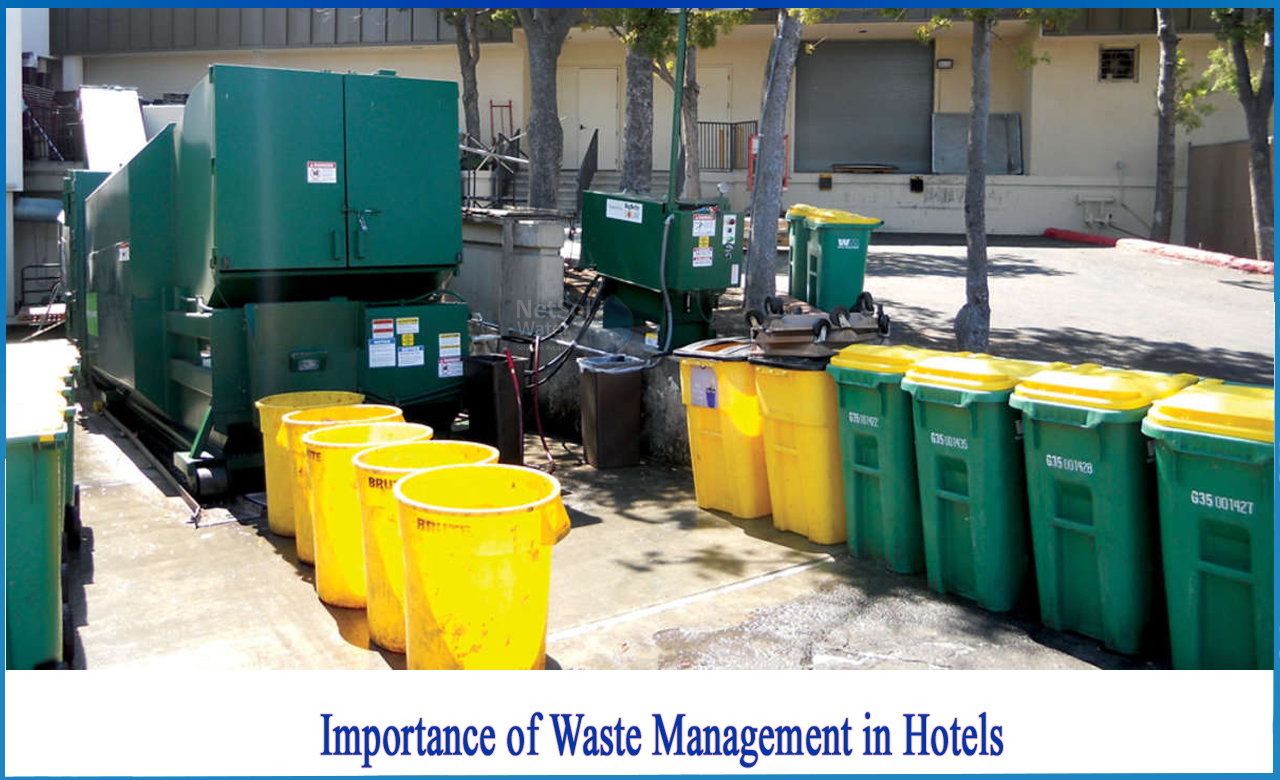The smart Trick of Reclaim Waste That Nobody is Talking About
The smart Trick of Reclaim Waste That Nobody is Talking About
Blog Article
3 Easy Facts About Reclaim Waste Shown
Table of ContentsThe smart Trick of Reclaim Waste That Nobody is Talking AboutNot known Details About Reclaim Waste Reclaim Waste for DummiesGetting My Reclaim Waste To WorkThe Definitive Guide for Reclaim Waste
Domestic sewer waste refers to the waste and products from a property septic tank. The appropriate management and disposal of residential sewer waste require liquid waste to be transferred to a sewage treatment plant where the appropriate methods and devices are applied to purify and dispose of waste.
Business waste commonly consists of potential dangers, such as combustible materials or a blend of fluid and solid waste products, and calls for an advanced and detailed disposal procedure. The disposal of industrial waste normally involves the filtration of waste before transportation to ensure risk-free and appropriate disposal. Industrial waste is developed from by-products and runoff of commercial procedures and production.
This type of waste can not use the very same sewer monitoring transport or processes as septic or industrial liquids. The industrial waste monitoring procedure calls for the inspection and testing of fluid waste before it undertakes the disposal process (liquid waste removal melbourne). Overflow waste is the fluid waste that originates from drainage and excess stormwater in very inhabited locations or cities
Runoff waste can create contamination and flooding if not taken care of properly. Discover more concerning drain cleaning and waste monitoring. Making sure correct waste monitoring can stop disasters and minimize ecological damage. Both people in property settings and experts in business or manufacturing industries can gain from recognizing the procedures and regulations of fluid waste management.
A Biased View of Reclaim Waste
Get in touch with PROS Providers today to learn more about our waste administration and disposal services and the correct means to take care of the fluid waste you create.
(https://reclaimwaste.godaddysites.com/f/efficient-liquid-waste-disposal-removal-melbourne)This supposed 'wastewater' is not only a vital resource yet, after therapy, will be released to our land, waterways or the sea. Used water from bathrooms, showers, baths, kitchen sinks, laundries and industrial procedures is understood as wastewater.

water utilized to cool machinery or clean plant and tools). Stormwater, a form of wastewater, is overflow that moves from farming and urban areas such as roofing systems, parks, yards, roadways, courses and seamless gutters into stormwater drains pipes, after rainfall. Stormwater moves unattended straight to neighborhood creeks or rivers, at some point getting to the ocean.
Some Known Questions About Reclaim Waste.
In Queensland, many wastewater is dealt with at sewage treatment plants. Wastewater is transported from residential or commercial websites through a system of sewers and pump stations, referred to as sewage reticulation, to a sewer treatment plant. Neighborhood federal governments build, keep and operate most sewage treatment plants. Operators are accredited under the Environmental Protection Act 1994 to discharge cured wastewater at an acceptable ecological criterion right into rivers.
The Division of Natural Resources suggests local governments concerning managing, operating and preserving sewage systems and treatment plants. In unsewered areas, local federal governments might need owners to install specific or family sewer therapy systems to deal with residential wastewater from commodes, kitchens, bathrooms and laundries. The Department of Natural Resources authorises using family systems when they are shown to be reliable.
Most stormwater gets no therapy. In some new subdivisions, therapy of some stormwater to get rid of litter, sand and gravel has begun making use of gross contaminant traps. Wastewater treatment occurs in 4 phases: Gets rid of solid matter. Bigger solids, such as plastics and other items mistakenly discharged to drains, are gotten rid of when wastewater is travelled through screens.
Wastewater after that moves into huge containers where solids work out and are removed as sludge. Grease and residue are skimmed from the surface area. Makes use of little living organisms called micro-organisms to break down and eliminate remaining dissolved wastes and fine particles. Micro-organisms and wastes are included about his in the sludge. Eliminates nitrogen and phosphorus nutrients that could cause algal blooms in our rivers and intimidate marine life.
The Of Reclaim Waste
Nutrient removal is not readily available in any way sewage therapy plants because it calls for expensive specialised devices. It is becoming much more usual in Queensland. Clear liquid effluent created after therapy might still consist of disease-causing micro-organisms. If this effluent is released into waterways such as rivers or the sea, the micro-organisms will eventually die out.

The majority of wastewater moves right into the sewage system. Under the Act, neighborhood governments provide approvals and permits for eco appropriate tasks (Periods) entailing wastewater releases that might have a regional impact.
Getting The Reclaim Waste To Work
Tracking provides factual details about water top quality and can confirm that licence conditions are being fulfilled. The info gotten through tracking gives the basis for making water top quality decisions.
Report this page